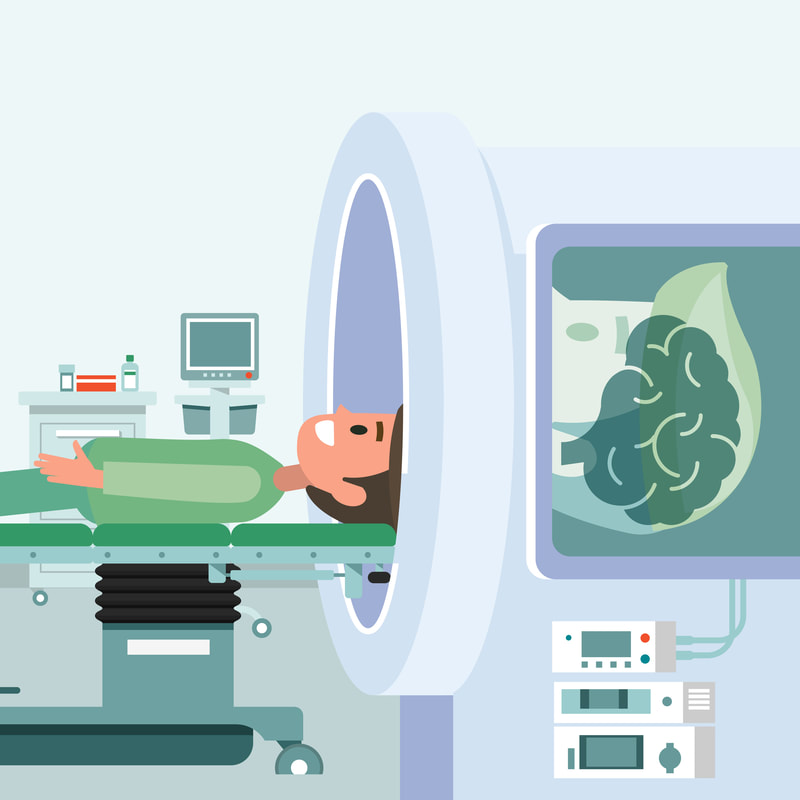|
Neuroimaging
Brain is the most complex and mysterious organ in the body. We rely on our brain for basic vital functions from breathing, heartbeat and sleep to complex mind functions like memory, learning, creative thinking and complex feelings. All developmental problems and mental health conditions are rooted in brain development and functions.
Advances in technologies allow researchers to actually “see” the changes in brain structure and function related to different psychological states and mental health conditions. In scientific research, these brain imaging markers can tell apart many common mental health issues in children from normal development (albeit in group level) such as emotional disorders, a wide spectrum of developmental and learning disorders, and neuropsychiatric conditions. A growing body of scientific database and advances in statistical analytic models such as machine learning approach will help refine the resolution of these image markers to understand individual differences in developmental paths and health conditions. Magnetic resonance imaging is free of radiation risk. It is a safe method of visualizing the details in the brain structure and activities that are essential for the understanding of disease mechanisms and even specific brain targets for treatment. It is particularly suitable for imaging young children and adolescents due to its safe and tolerable set-up. Many overseas birth cohorts use this method to track serial brain changes as children grow1,2. “No one can learn without your brain. Through research, we are learning how the brain works for better brain health!” – WORK HEART team
|
|
Powered by / 主辦機構 :
|
Enquiry / Media Contact:
查詢 或 傳媒垂詢: Tel.: (+852) 2607 6050 / 6099 3064
Email: [email protected] |
Copyright © 2019 All Rights Reserved. The Chinese University of Hong Kong.
© 香港中文大學 2019 版權所有
© 香港中文大學 2019 版權所有


